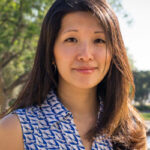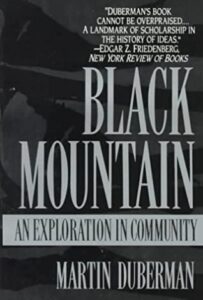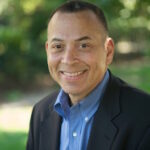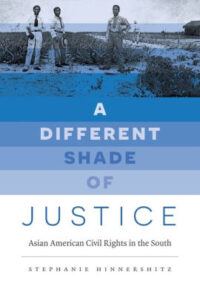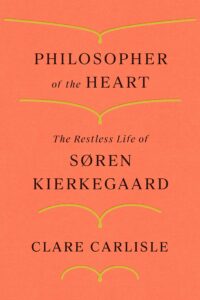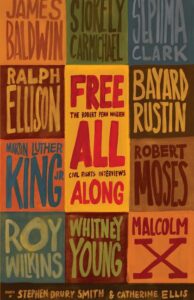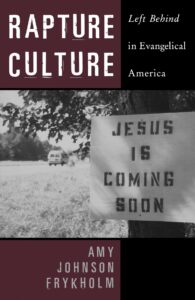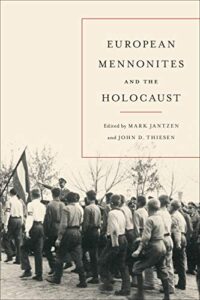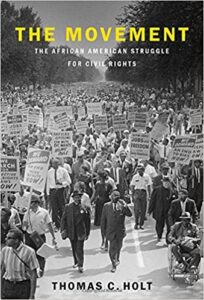The March 25 Zoom event is open to the public.
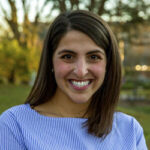 On Thursday, March 25 at 2:00 p.m. EST, Ansley L. Quiros, assistant professor of history at the University of North Alabama, will be the guest speaker in a University of Virginia undergraduate seminar, “The Kingdom of God in America,” taught by Charles Marsh, director of the Project on Lived Theology. Marsh is also a professor in UVA’s Department of Religious Studies. The March 25 event, which is free and open to the public, can be watched on Zoom at https://tinyurl.com/quirostalk, Passcode: 777591. A question-and-answer session will follow the lecture.
On Thursday, March 25 at 2:00 p.m. EST, Ansley L. Quiros, assistant professor of history at the University of North Alabama, will be the guest speaker in a University of Virginia undergraduate seminar, “The Kingdom of God in America,” taught by Charles Marsh, director of the Project on Lived Theology. Marsh is also a professor in UVA’s Department of Religious Studies. The March 25 event, which is free and open to the public, can be watched on Zoom at https://tinyurl.com/quirostalk, Passcode: 777591. A question-and-answer session will follow the lecture.
Quiros will talk about her award-winning book, God with Us: Lived Theology and the Freedom Struggle in Americus, Georgia, 1942-1976 (University of North Carolina Press, 2018). God with Us examines the theological struggle over racial justice through the story of one southern town, where ordinary Americans sought and confronted racial change in the twentieth century. Documenting the passion and virulence of these contestations, Quiros offers insight into how midcentury battles over theology and race affected the rise of the Religious Right and continue to resonate deeply in American life.
As a history professor at the University of North Alabama, Quiros specializes in twentieth-century U.S. history, with a focus on race, politics, and religion. She is also contributing a chapter on Florence Jordan, co-founder of the interracial Christian farming community Koinonia Farm, to the upcoming PLT book People Get Ready! Thirteen Jesus-Haunted Misfits, Malcontents and Dreamers for Troubled Times.
The Project on Lived Theology at the University of Virginia is a research initiative, whose mission is to study the social consequences of theological ideas for the sake of a more just and compassionate world.

